How are the liver and gallbladder linked, and what impact do they have on your health?
Like so many organs in your body, it is unlikely that you give much thought to the function of your liver and gallbladder. After all, if either of them weren’t working correctly, would you know? Which symptoms would you look out for?
Unlike your stomach, for example, which shouts loudly if there’s an issue, your liver and its functional partner — the gallbladder — are a quieter pair. It may take some time for you to notice that there’s an issue with either of them. If you notice at all. With that in mind, it is important to know what to look out for when it comes to your liver and gallbladder health. They are fundamental to your quality of life.
In this article we look closely at the function of your liver and gallbladder, the role they play in your health, how to care for them, and what symptoms of disfunction to watch out for. Self-knowledge is power, and here at The Maas Clinic, we believe that prevention is always preferable to treatment. Read on to learn how to take great care of your liver and gallbladder, and use them for what they’re intended for — live(r)-ing!
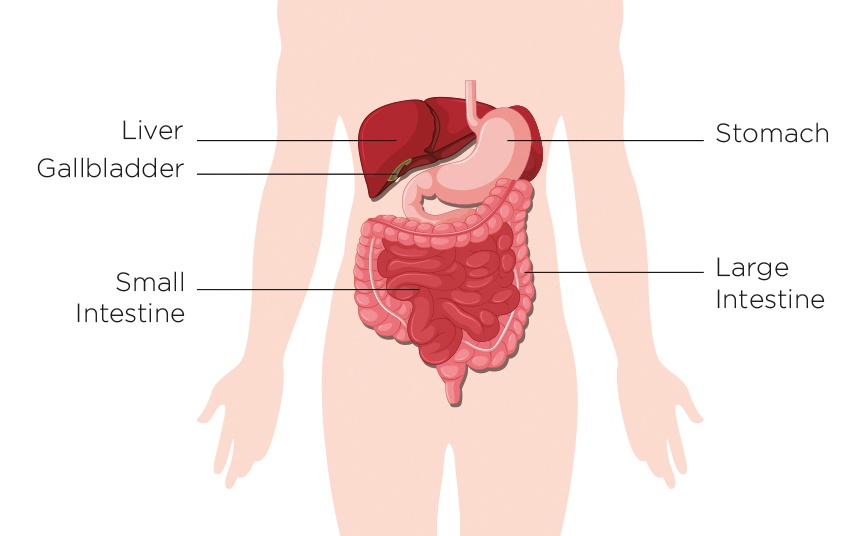
What roles do the liver and gallbladder play in your body?
Your liver and gallbladder are responsible for detoxing your body and emulsifying fats so that they can travel through to your small intestine.
Your liver and gallbladder are a functional pair, otherwise known as the hepatobiliary system.
If you take good care of your liver and gallbladder, you’ll be rewarded with clean blood, excellent brain function, and great detoxification.
Your liver
Your liver is a large organ comprised of three lobes. It processes all of the products of the food you eat and the toxins you encounter on a daily basis. It does this in three phases:
Phase 1 is to do with fat-soluble substances, including hormones, perfumes, toxins, and oils. Your body needs to be able to break down fat-soluble substances into water-soluble substances, in order for them to go through to Phase 2.
The process by which your liver does this is called peroxidation; this is where the liver adds oxygen molecules to substances to break them down, ready for the water-soluble phase — Phase 2.
Phase 2 is fairly easy-going on the liver. This phase, and how well it operates, is dependent on the amount of liver enzymes you have, namely zinc and glutathione.
Phase 3 is the final stage, and at this point the gallbladder comes into play. Your gallbladder receives all of the waste products your liver wasn’t able to deal with.
Your gallbladder
Unlike your liver, your gallbladder is a small organ. Its primary purpose is fat emulsification, and the neutralisation of the acidic contents of your stomach. Your gallbladder is located close to the medial and intermediate lobes of your liver.
To neutralise your stomach acid, your gallbladder secretes bile — an alkaline substance. By the time the contents of your stomach passes through your gallbladder and into your small intestine, its PH level is balanced. This is essential as your small intestine is extremely sensitive to the PH levels of the products it receives. Problems arise when your liver and gallbladder aren’t working as they should be, and your body is not able to detoxify, or process fats as it would like to.
When your gallbladder is functioning well it will easily pass excess waste from your liver, through to your small intestine. However, when it’s not working at its best, bile sludge can develop, as can gallstones.
Bile sludge is akin to soap scum building up around the tip of your washing-up-liquid bottle. The washing-up-liquid, which usually helps to clean your plates, can no longer pass through the nozzle. This in turn means that your plates remain greasy. The same thing happens in your body! When bile sludge gathers around your bile ducts, the products of your liver which need to pass through to your small intestine can’t do so as easily, or in the amounts, which they need to. Much like the washing-up-liquid bottle, which needs its nozzle to be cleared, your gallbladder is the same. We go into this in more detail below, when we address the practice of a liver and gallbladder cleanse.
Here are some symptoms to look out for, which can indicate a problem with your liver and/or gallbladder.
Your liver:
- waking up between 1 – 3 in the morning
- bags under your eyes
- yellowing eyes
- feelings of anger, rage and frustration
- inflammation
- haemorrhoids
- rashes
- jaundice (in extreme cases)
Your gallbladder:
- persistent headaches, particularly over the eyes and temples
- brain fog
- a lot of discomfort after a particularly fatty or greasy meal
- feelings of impatience and stubbornness
As a functional pair:
- acid reflux
- burping
- mild IBS-like symptoms
- You’ll find more detail on these gut issues here
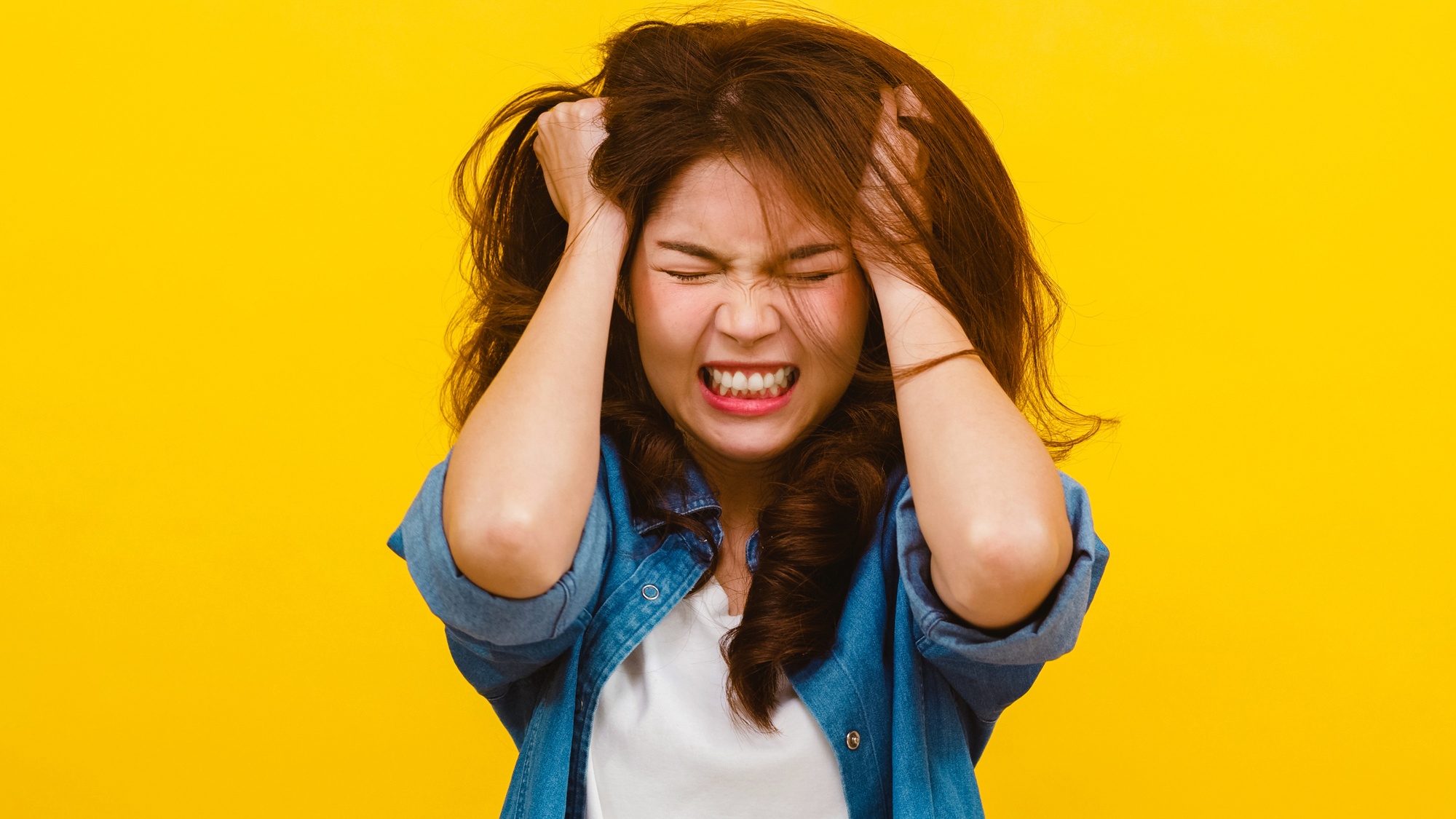


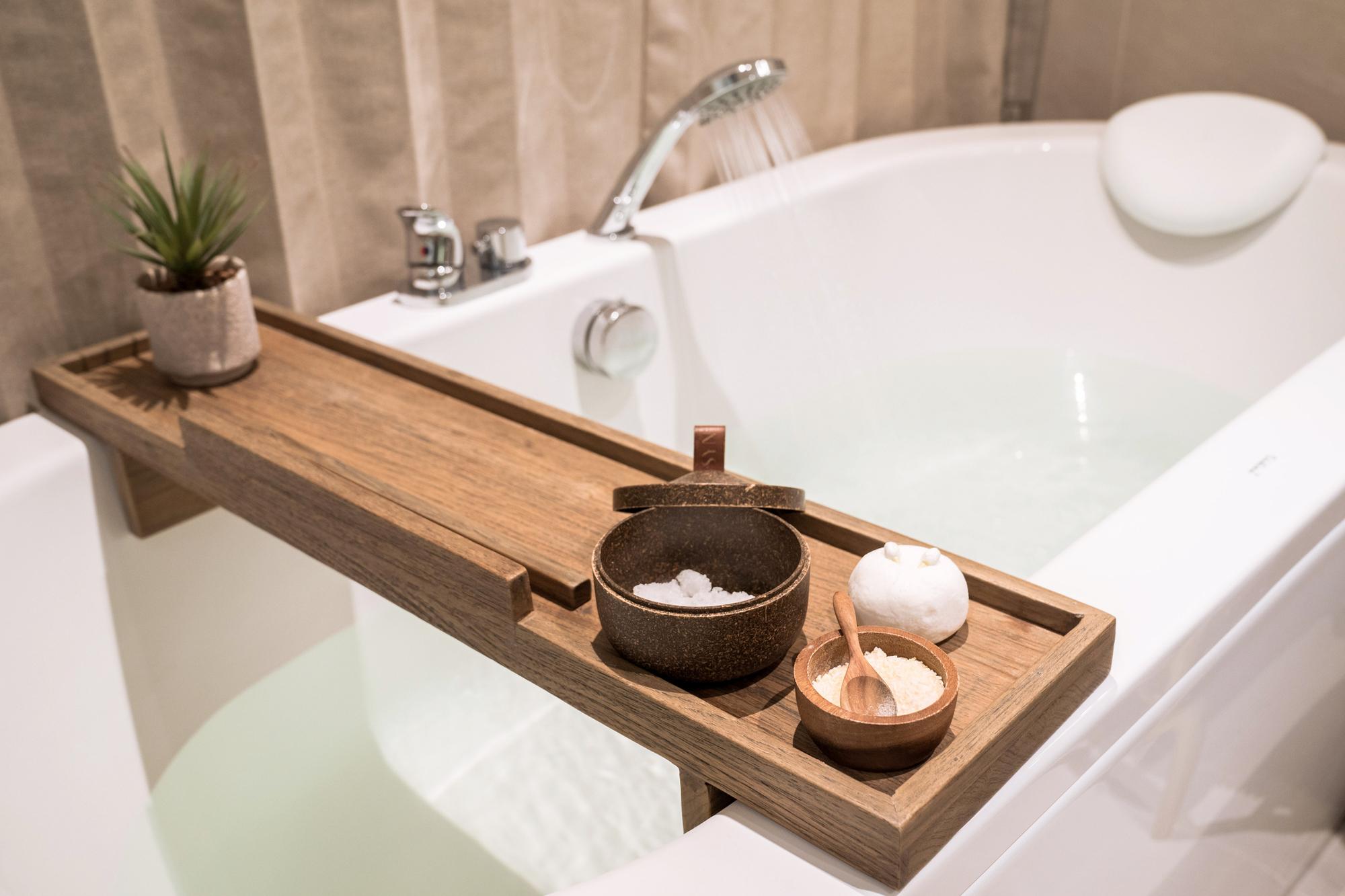
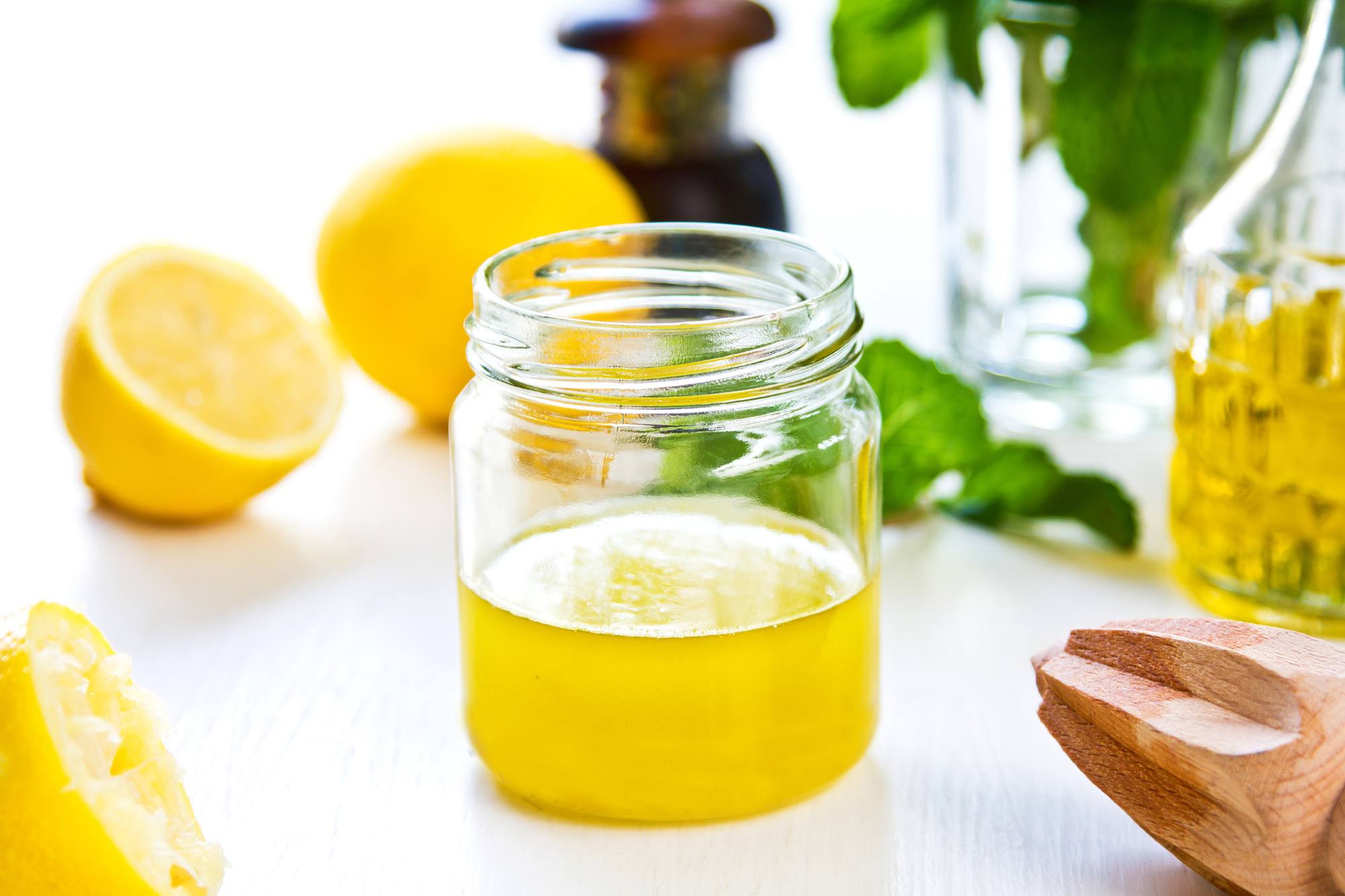
Are issues with the liver and gallbladder reversible?
If you are suffering with poor liver and/or gallbladder health, in most cases, it is possible to reverse your symptoms, and regain full health of both organs.
In fact, your liver is the only organ within your body able to regenerate. Another reason we like to refer to it as your “live-r"!
In mild cases of liver/gallbladder malfunction, it is likely that your Functional Medicine practitioner will suggest a 10 day ‘cleanse’. This comprises of a cup of lemon juice and olive oil per day, which can be enjoyed over salads.
In addition, epsom salts can be used to open up your bile ducts, and encourage bile sludge to move through your system.
In more extreme cases, you may be advised to follow the work of Andreas Moritz, whose book The Amazing Liver & Gallbladder Flush, details how you can partake in a more extensive ‘flush’ at home.
This should be done under the advice of a Naturopath, Functional or Integrative Medicine practitioner. This gallstone flush involves epsom salts, grapefruit juice and olive oil. It usually takes two days to complete, and should result in gallstones literally ‘rolling out’ through your bile ducts, and passing naturally through your system.
Removal of the gallbladder, and how to compensate for its loss.
Think of your gallbladder as a small pouch. Over time, if your gallbladder is not functioning properly, it can develop gallstones, which collect in said pouch. According to the NHS, gallstones are small stones, usually made of cholesterol, that form in the gallbladder. Many people are unaware that they have gallstones, and over time your gallbladder can house too many stones to pass. At this point it’s often advised that the gallbladder is removed.
Though Western Medicine suggests that your liver will compensate for the loss of your gallbladder, as the liver still produces bile, Functional Medicine recognises that the loss of your gallbladder requires sensitive attention. You will need to counterbalance the role your gallbladder once had. Fortunately, it’s eminently possible to do this.
How can you compensate for missing lipase enzymes?
First and foremost, your Functional Medicine practitioner will take blood samples. The results will inform your treatment plan, which most commonly include:
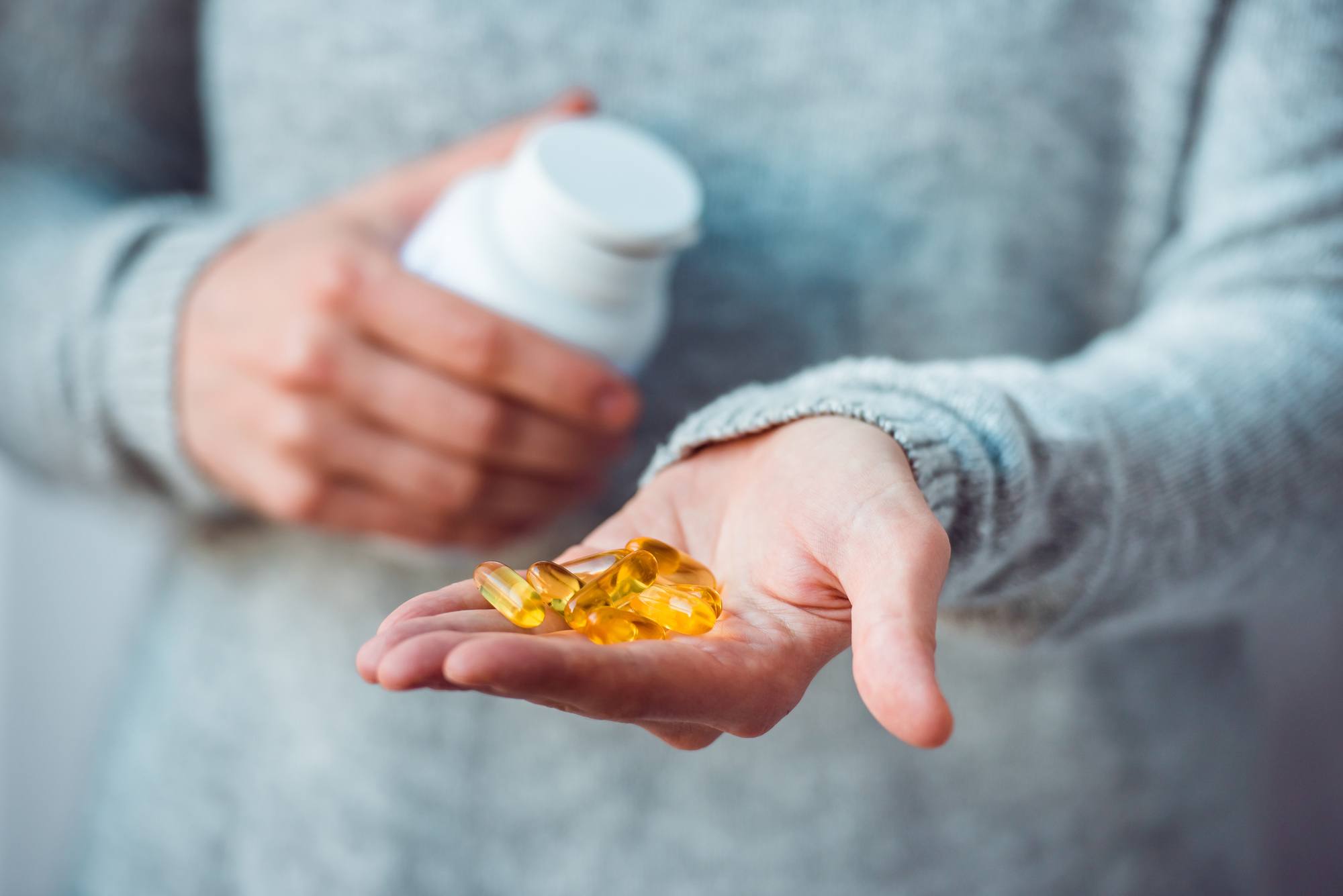
Fish oils
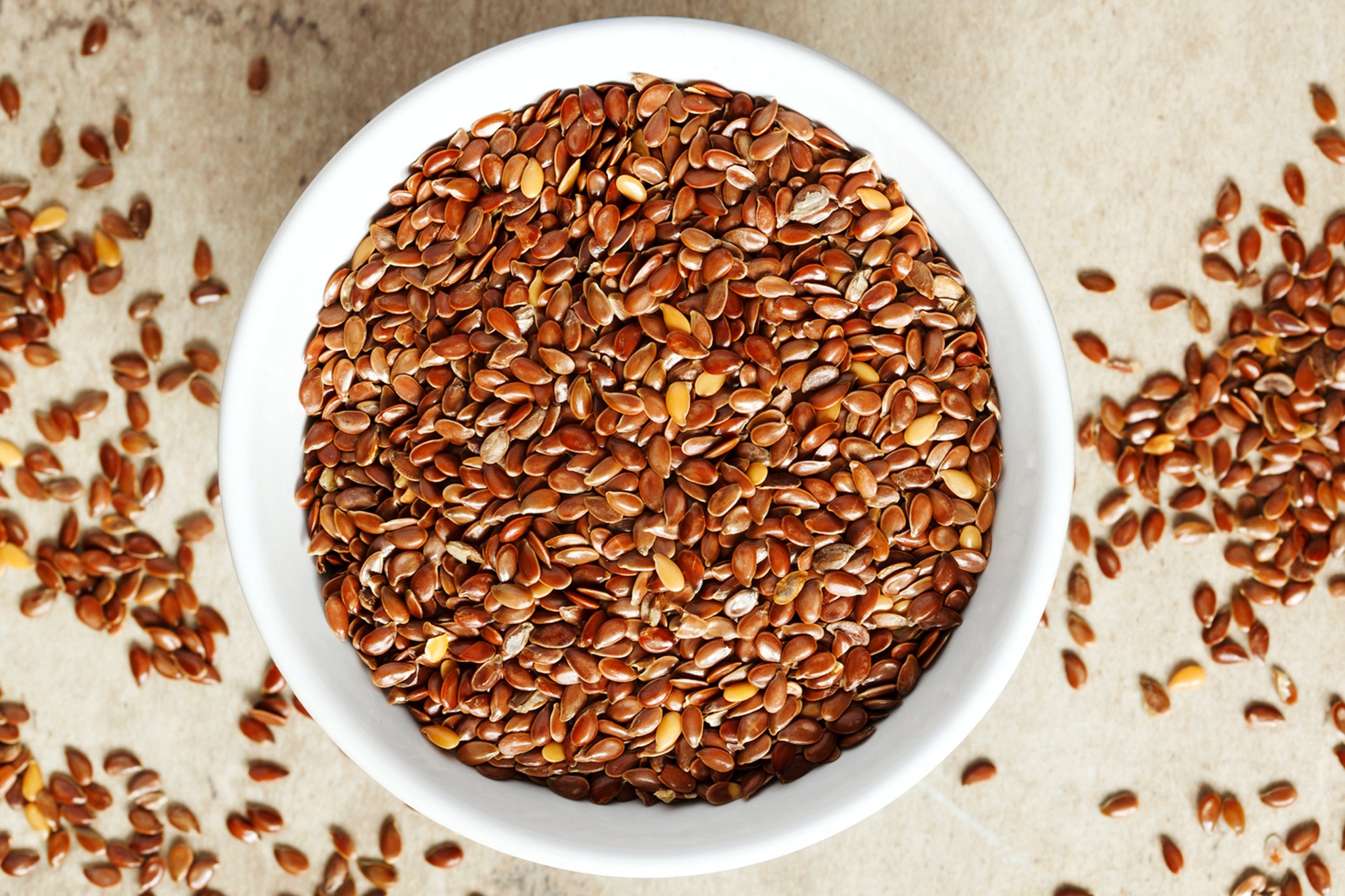
Flaxseed
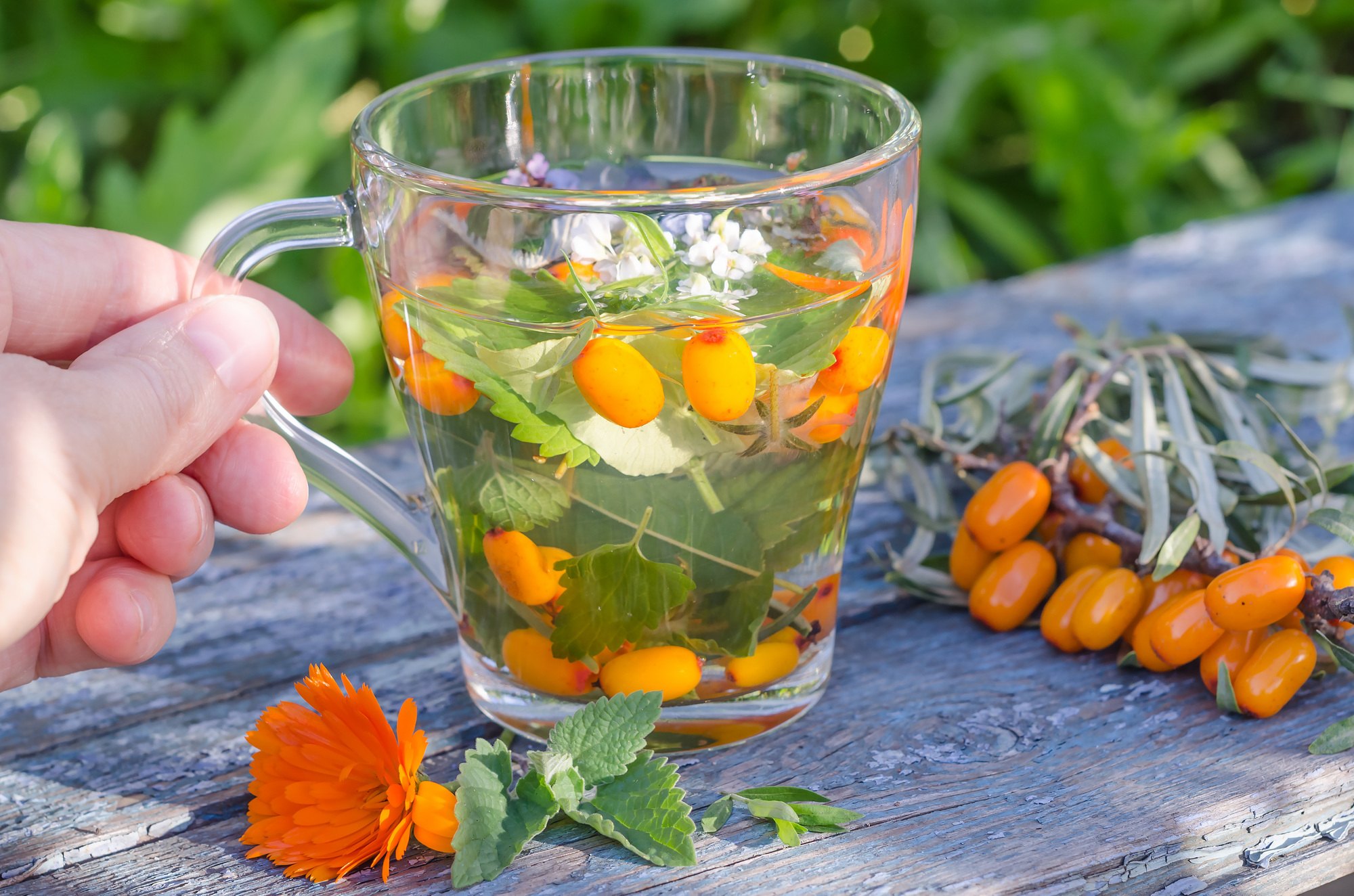
Sea buckthorn, which includes Omegas 3, 6, 7 and 9
In addition, the following foods can
benefit your gallbladder and liver:
- Apple
- Lemon
- Pears
- Avocado
- Artichokes
- Peppermint
- Radish
- Apple cider vinegar
- Olive oil
Conversely the following foods are best avoided:
- Processed foods
- Foods high in chemicals
- Foods including E numbers

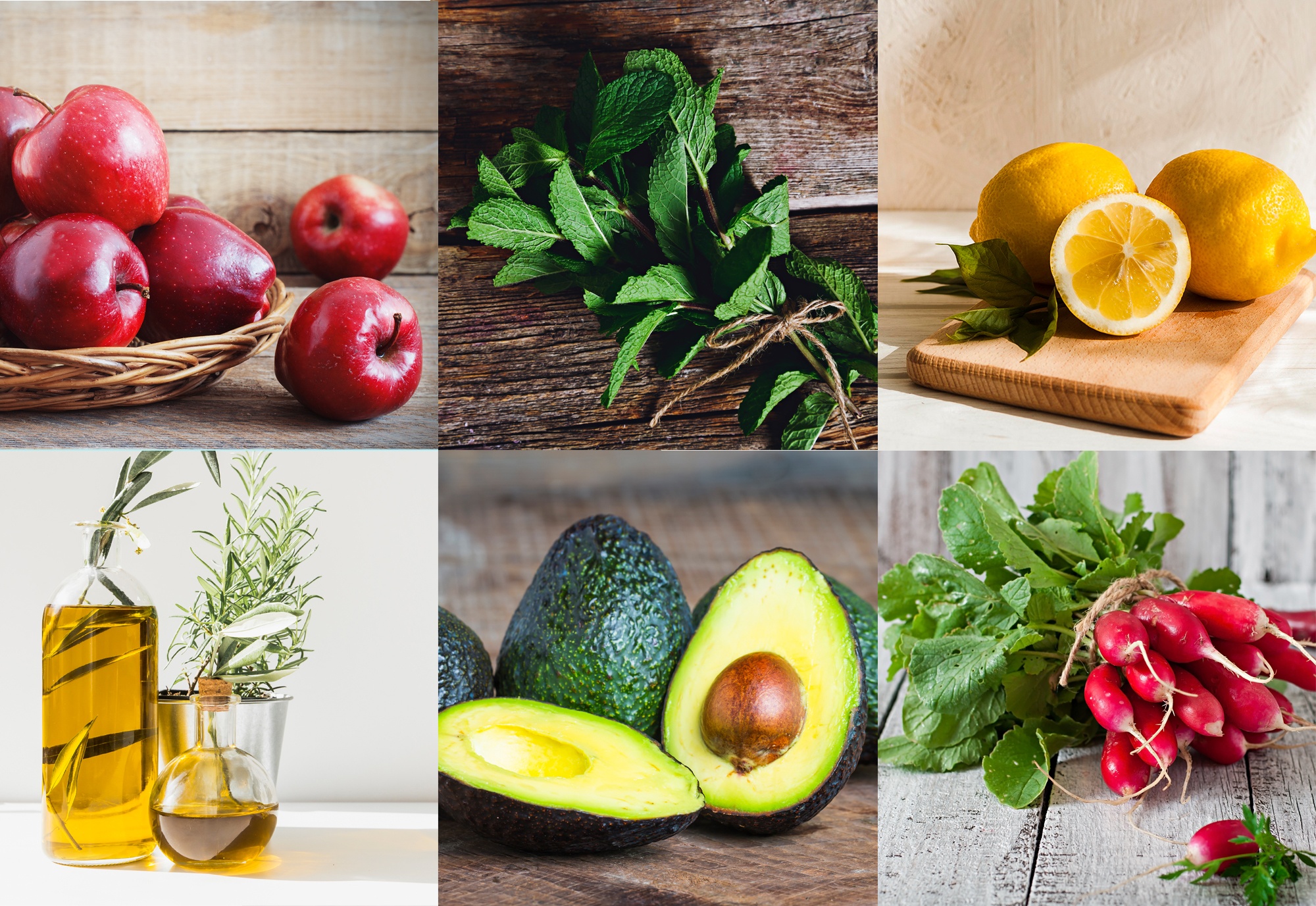
Lifestyle choices which benefit your liver and gallbladder:
As practitioners of Functional and Integrative Medicine we are interested in equipping you with simple lifestyle shifts you can make towards better health.
In the case of your liver and gallbladder, the simplest of lifestyle changes can make a huge positive impact.
Try giving the below a go!
- go to bed by 10 or 11pm (latest) each night. Your liver and gallbladder detox between the hours of 11pm and 3am, so being in bed by this time is essential to good hepatobiliary function
- incorporate a salad into your diet every day, and top it off with a dressing of olive oil and lemon juice
- use epsom salts 1 – 2 times a week in your bath
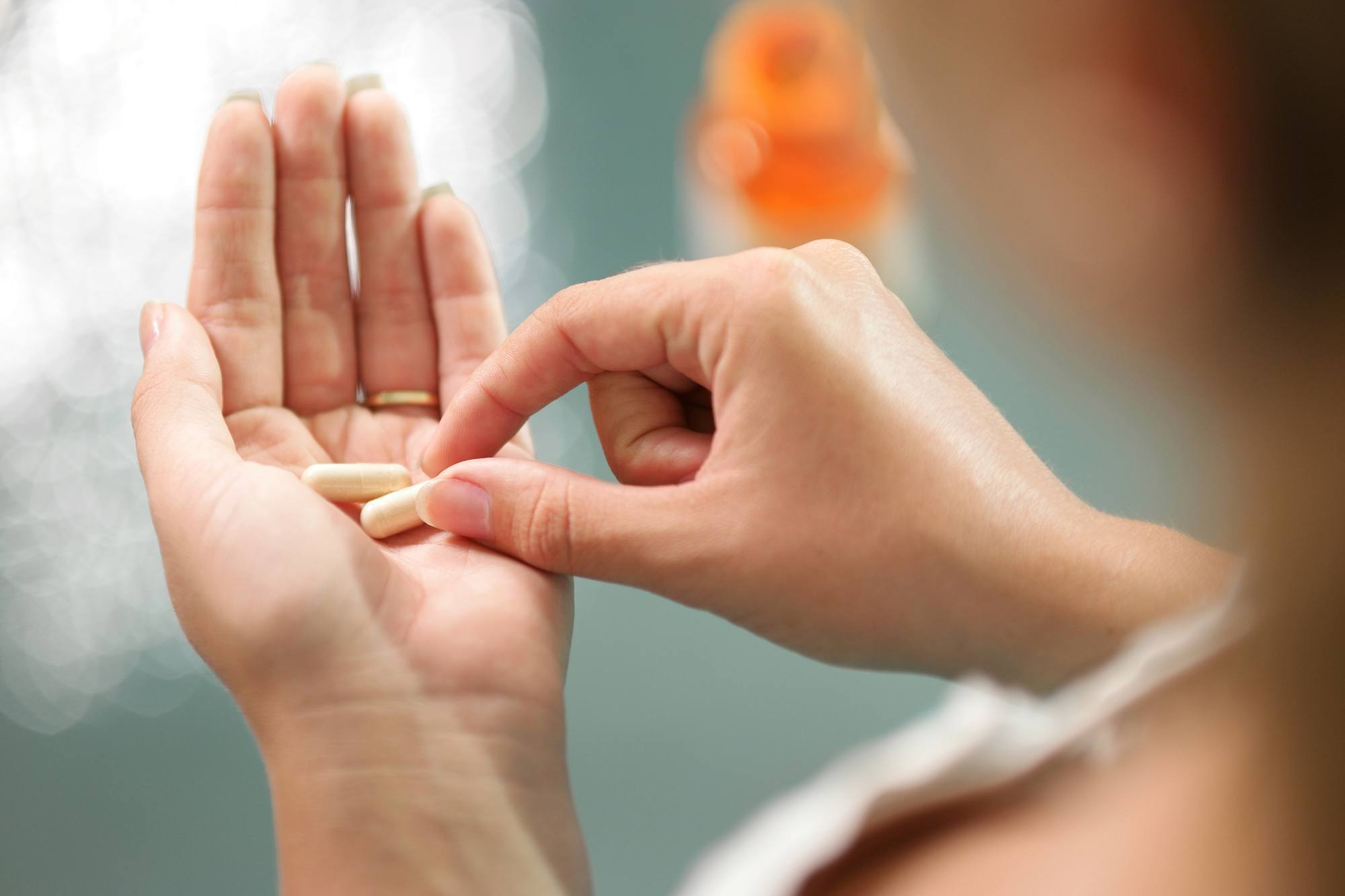
As part of our ongoing mission to help you to feel as good as possible, we are sharing the supplement which directly relates to this particular health theme. We asked Laurens for his advice on a great all-round supplement for improving liver and gallbladder health.
Here’s his choice: L-Glutathione!
Why L-Glutathione?
- it’s a great all round amino acid
- it’s important for skin rejuvenation and clear eyes
You can purchase L-Glutathione online.
Curious to learn more? Take a look at some of our favourite resources on the subject of liver and gallbladder health:
My Amazing Gallbladder Liver Flush by David Avocado Wolfe (trigger warning, graphic images)
The Amazing Liver & Gallbladder Flush by Andreas Moritz

 Phoenix Maas
Phoenix Maas Our Team
Our Team